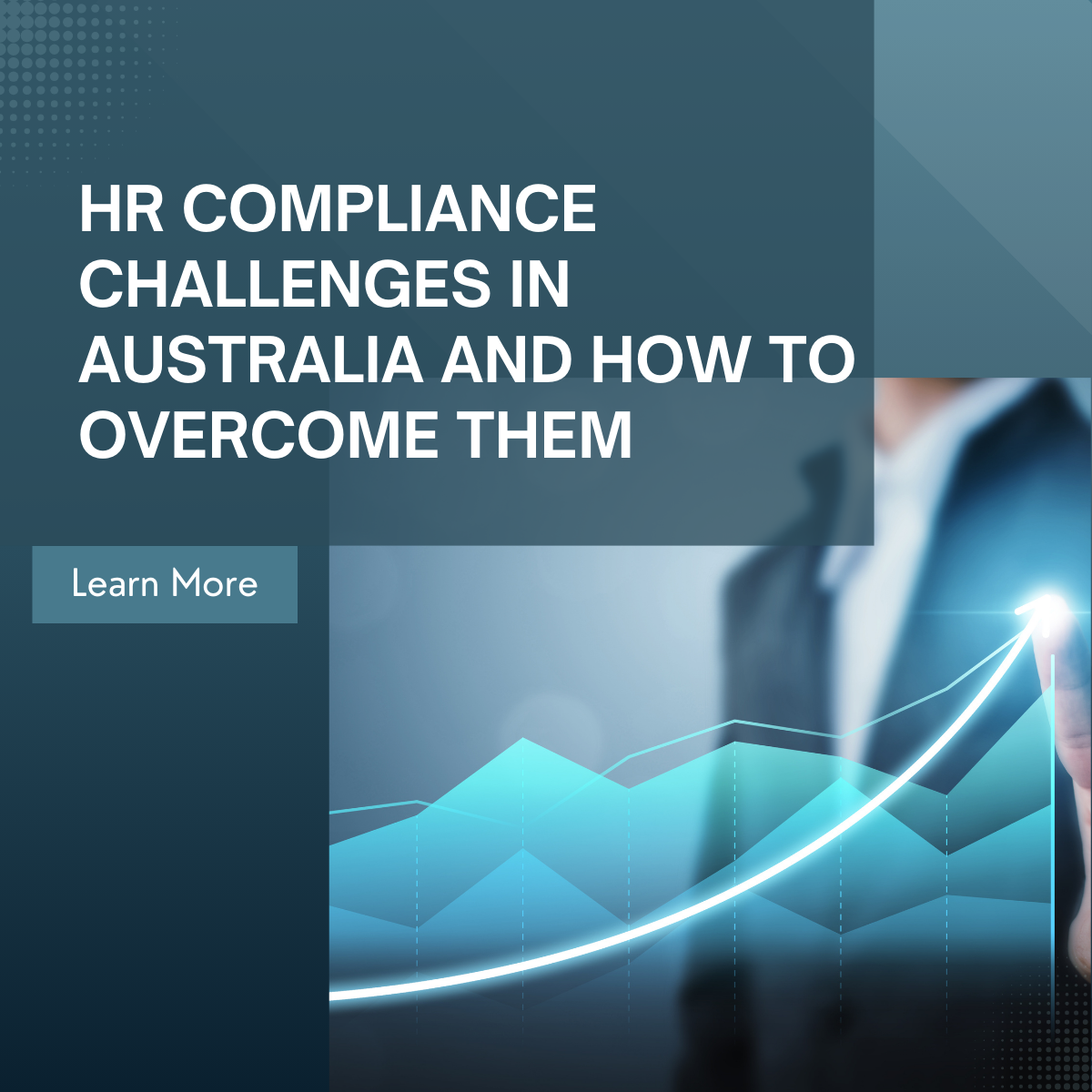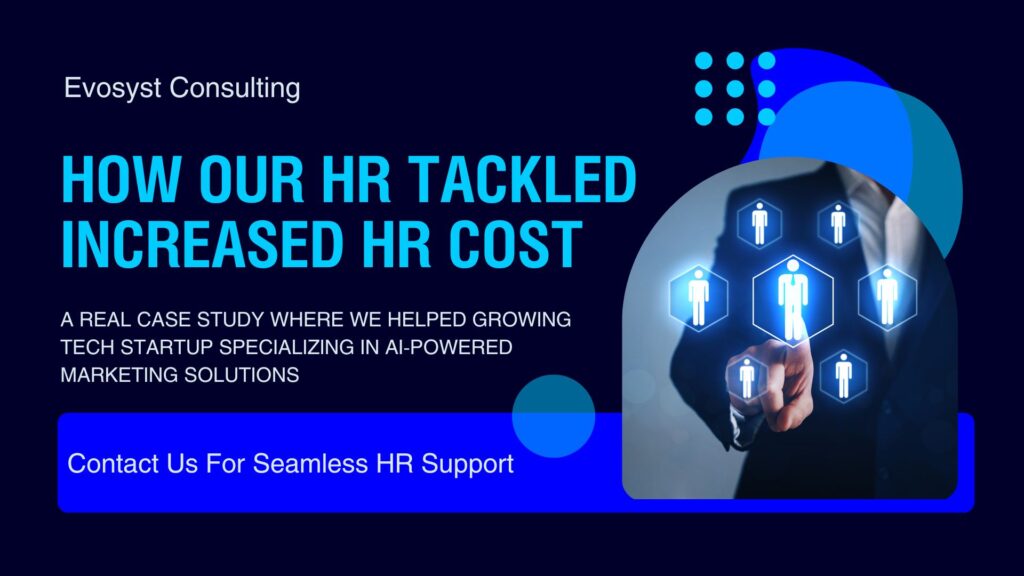HR Compliance in Australia is an important part of any business because it ensures businesses comply with employment legislation, Fair Work compliance, workplace health and safety, equal opportunity, privacy and other regulations. It is, however, difficult to comply with evolving laws, stiff penalties, and disparate industry requirements. So in this blog, we examine HR compliance challenges in Australia, some of the most pressing problems, and practical advice to overcome them successfully.
Staying Abreast of Evolving Labour Laws
Challenge:
Australia’s employment laws can change quickly, and it is difficult for businesses to stay current. The Fair Work Act, modern awards and the myriad workplace safety regulations are all constantly changing, meaning businesses need to regularly review and amend their policies and practices.
Solution:
Don’t miss a beat: Get the latest Fair Work Ombudsman (FWO) announcements and HR compliance news.
Seek the Guidance of HR Professionals: Collaborate with HR consultants or legal professionals who are experienced in employment law.
Keep Up Regular Audits— Periodically review employment contracts; policies and practices and ensure compliance.
Managing Modern Awards & Enterprise Agreements
Challenge:
Australia has a confusing system of modern awards, which establish minimum pay and employment conditions across industries. However, misinterpretation or non-compliance may result in claims for payment and legal claims, which could escalate to additional claims for damages, ensuring it becomes a costly project.
Use Available Fair Work Resources: The Fair Work Ombudsman has award calculators and industry-specific assistance.
Conduct payroll compliance audits: Periodically analyse payroll procedures, ensuring employees receive appropriate compensation and benefits.
Consult the HR Specialists: Engage with the right HR specialists who can dissect the awards and enterprise agreements accurately.
They were trained as much as to conduct themselves in a certain way.
Challenge:
If managed improperly, employee disputes, unfair dismissal claims and workplace misconduct cases can have detrimental legal and financial consequences.
Solution:
Create Clear Workplace Policies: Develop policies on misconduct, grievances, and terminations and make them known.
Conduct Fair and Documented Processes: Properly document warning, investigate and terminate employees to minimize risks.
Train Managers for Fair Work Practices: Provide managers with training on how to manage disciplinary actions in accordance with employment laws.
Workplace Health & Safety (WHS) Compliance
Challenge:
In Australia, business owners need to adhere to WHS legislation to ensure a safe workplace. Not complying with the laws can lead to enviable fines and legal liabilities.
Solution:
Perform Risk Assessments: Always check for workplace risk and practicing safety.
Offer WHS Training: Safe Practices and responsibilities for employees and managers.
Record Compliance: Retain records of safety audits, incident reports, and training sessions.
Teaching about Discrimination, Bullying, and Harassment
Challenge:
Unresolved complaints about workplace discrimination, bullying and harassment can undermine a productive work culture and may also result in legal claims under the Fair Work Act and Anti-Discrimination Laws.
Solution:
Create Inclusive Workplace Policies: Develop inclusive workplace policies addressing anti-discrimination and anti-bullying laws that comply with Australian laws.
Foster a Speak-Up Culture: Ensure employees have safe channels to reportIssues without fear of retaliation
Regularly Conduct Training: Provide employees and leaders with training on best practices around DEI in the workplace.
How to Keep Track of Employee Records and Privacy Regulations
Challenge:
For tax, payroll, and legal compliance, businesses have to maintain accurate employee records while making sure data privacy is in line with the Privacy Act.
Solution:
Use App for HR: Digital HR solutions can help in the safe keeping and easy management of employee information.
Implement Data Protections: Limit access to the sensitive data of a given employee, and be aware of data retention laws.
Periodical Check Out With Regular Compliance Audits: Check your records periodically to make sure these are per lawful requirements.
Final Thoughts
HR compliance continues to shift, but organizations can stay abreast of developments with the right training and protocol — and the right team. These proactive measures can alleviate the consequences of these frequent compliance challenges and allow the firm to move forward with less risk and a better workplace culture.
HR compliance in Australia: Got questions? From HR support tailored to your specific business needs; Get in touch now to make your business compliant and ready for the future.


